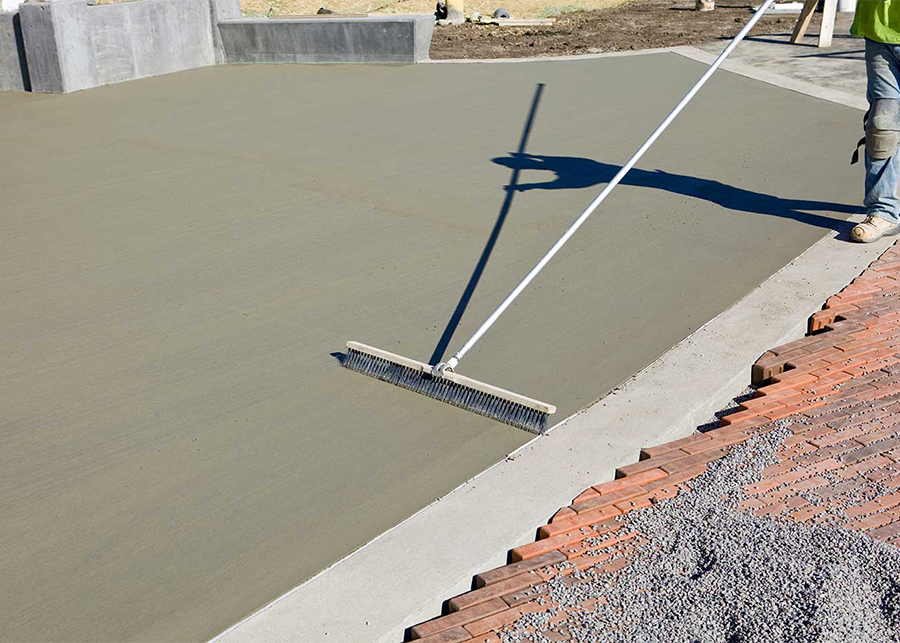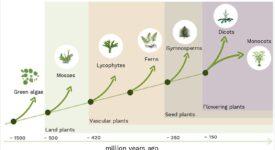How long does concrete take to dry? It’s a question that many people ask and one that requires some careful consideration because concrete is a strong, durable material but one that needs water and time to cure properly. Although there is no set timeframe for concrete drying, the better you prepare your project site and the more precautions you take during the curing process, the quicker the concrete will be ready for use.
People often ask how long does concrete take to dry. The answer, of course, depends on a number of factors, such as the weather and the size and thickness of the concrete slab. However, in most cases, it will take at least several days for the concrete to fully cure. Depending on the project, you may need to take special precautions to ensure that the concrete is protected from moisture until it dries completely. For more information on how to dry concrete properly, be sure to consult with a professional contractor.
Then How Long Does Concrete Take to Dry?
Concrete is a construction material made from aggregate, cement, and water. The most common type of concrete is reinforced concrete, which consists of rebar and other materials embedded in the concrete to increase its strength.
Concrete is used for a variety of applications, including foundations, walls, bridges, and roads. It is also used in the manufacture of precast products such as parking garages, stadiums, and modular buildings. How long does concrete take to dry?
Drying time for concrete depends on a variety of factors, including the mix design, weather conditions, and exposure to traffic. In general, though, it will take between 3 and 7 days for concrete to fully dry.
It’s important to keep in mind that while the concrete is drying, it is still susceptible to damage. So avoid driving or walking on freshly poured concrete until it has had a chance to cure properly.

There are faster drying concrete types, but they come with a higher price tag.
Concrete is made from cement, aggregate, and water. The quality of the concrete mixture will determine how long it takes for the concrete to cure and harden. A higher-quality mixture will result in a stronger and more durable concrete. However, a higher quality mixture also means a higher price tag.
There are some faster drying concrete types available on the market. But they come with a higher price tag because they use more expensive ingredients, such as Portland cement instead of fly ash or slag cement.
There are a few things you can do to make cement dry faster:
- Make sure the surface is clean and free of debris before you start to work with the cement.
- Add some type of accelerant to the cement mix. This could be anything from commercial products like Quickrete to household items like baking soda or even sugar.
- Apply a sealant to the cement once it’s dry. This will help keep moisture out and will speed up the drying process.
How Long Does Concrete Take to Dry? Result
In other words, concrete is a pretty complex material. While you can always calculate the specific drying time for concrete on a small scale, it’s unclear how you could apply the same calculation to larger areas of concrete. There are too many unknowns like the climate, how much water is in the concrete, and other environmental factors to get an accurate result. So if you need to know exactly when your concrete will dry, you may just have to wait and see.
F.A.Q
Is it OK if it rains after pouring concrete?
The most effective and secure cover is preferably a plastic sheet, which will be best suited to prevent any water or any other similar material that may seep into the concrete. However this will stay intact for only the duration of the rain. For those who want to ensure that the structure is completely protected, covering it with tarps may be a better option as tarps can easily stay in place through multiple rains.
How long does 4 inches of concrete take to cure?
The real determining factor in curing times comes down to temperature and humidity levels, which can slow the process. And although concrete takes longer to dry as it becomes thicker, this is also because thicker slabs have more surface area. That larger surface area also means that the effects of any variations in temperature or humidity will be that much more amplified.







